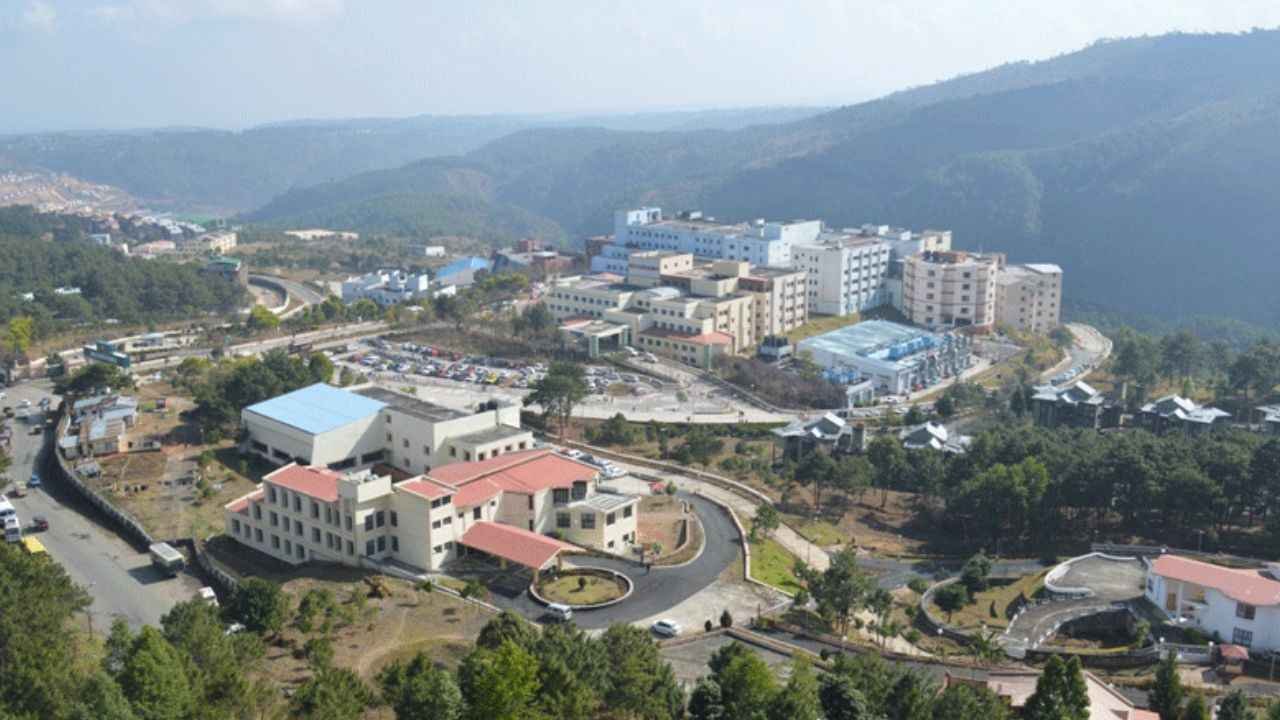Ensuring Quality Care in the Heart of the Hills

Healthcare Facilities in Shillong. Shillong is the capital of Meghalaya state, located in the Northeast region of India. It is called the “Scotland of the East” because it is known for its stunning landscapes, rich cultural heritage, and vibrant community life. Nestled amidst rolling hills and lush greenery, this city also serves as a crucial healthcare hub for the region. With an increasing population and diverse health needs, the healthcare facilities in Shillong play an indispensable role in safeguarding the well-being of its residents.
Overview of Healthcare Facilities in Shillong

The healthcare landscape in Shillong comprises a mix of government hospitals, private clinics, and specialized healthcare centers. This diverse ecosystem ensures that a range of medical services is available to meet the community’s varied needs. From primary healthcare to specialized treatments, these facilities are pivotal in addressing routine and emergency healthcare needs.
Government Healthcare Facilities

The government-run healthcare facilities in Shillong are the backbone of the city’s healthcare system. The North Eastern Indira Gandhi Regional Institute of Health and Medical Sciences (NEIGRIHMS) stands out as a premier institution offering advanced medical care, including specialized services in cardiology, neurology, and gastroenterology. As a tertiary care center, NEIGRIHMS not only caters to the local population but also attracts patients from neighboring states.
Other significant government facilities include the Shillong Civil Hospital, which provides essential healthcare services and operates various departments to cater to different medical needs. With a focus on affordability and accessibility, these institutions are vital for patients who may not have the means to seek private care.
Private Healthcare Providers

In addition to government facilities, Shillong has a growing number of private hospitals and clinics. Institutions such as Vision Hospital and Wankhar Hospital offer modern healthcare services with advanced technology and specialized care. These private establishments are particularly beneficial for those seeking quicker access to healthcare services, as they often have shorter waiting times compared to public hospitals.
Private healthcare providers also contribute significantly to the community by introducing advanced medical practices and innovative treatment options. Many of these facilities focus on patient-centric care, ensuring that individuals receive personalized attention and tailored treatment plans.
Community Health Initiatives
Healthcare in Shillong extends beyond hospital walls. Various community health initiatives aim to promote health awareness, disease prevention, and health education. Organizations such as the Meghalaya Health Systems Strengthening Project are instrumental in enhancing healthcare delivery at the grassroots level.
These initiatives often focus on preventive healthcare, targeting issues such as maternal and child health, infectious diseases, and non-communicable diseases. Workshops and outreach programs are conducted to educate the community about hygiene practices, nutrition, and the importance of regular health check-ups. Such programs empower individuals to take charge of their health and foster a culture of well-being in the community.
Traditional Healing Practices

In addition to modern healthcare facilities, Shillong’s rich cultural heritage includes traditional healing practices that are still prevalent among the local population. Indigenous knowledge systems, including herbal medicine and local healing, are integral to many resident’s approaches to health.
The blending of traditional and modern medicine often provides a holistic approach to healthcare. Many people in Shillong utilize traditional remedies alongside conventional treatments, emphasizing the importance of cultural sensitivity in healthcare delivery. This synergy between modern and traditional practices enhances the overall effectiveness of healthcare in the region.
Challenges Facing Healthcare Facilities

Despite the strengths of Shillong’s healthcare system, several challenges persist. One of the primary issues is the shortage of healthcare professionals. While there are numerous facilities, the demand often outpaces the supply of trained medical staff. This shortage can lead to overburdened healthcare providers and longer waiting times for patients.
Infrastructure also poses a challenge, particularly in rural areas surrounding Shillong. Many residents must travel long distances to access healthcare services, which can be a barrier, especially in emergencies. The government and local organizations are working to improve healthcare infrastructure, but progress can be slow.
Additionally, public awareness of available healthcare services and preventive measures remains limited in some communities. Efforts to educate residents about their health rights and available resources are essential to enhance community engagement with healthcare services.
The Role of Technology

The advent of technology is transforming healthcare delivery in Shillong. Telemedicine services have gained traction, especially in light of the COVID-19 pandemic. These services allow patients to consult with healthcare professionals remotely, improving access to care for those in remote areas.
Moreover, electronic health records and digital health platforms are being integrated into healthcare facilities, streamlining patient management and enhancing the quality of care. As technology continues to evolve, its incorporation into the healthcare system promises to address some of the challenges faced by the community.
Pingback: Best Parks to Visit in Shillong, Meghalaya
Pingback: The Shillong’s Music Scene | Rock Capital of India